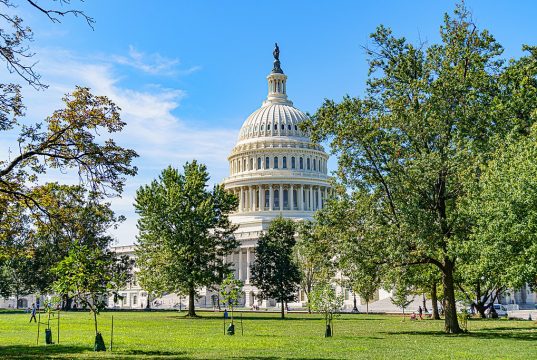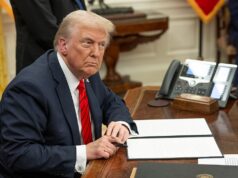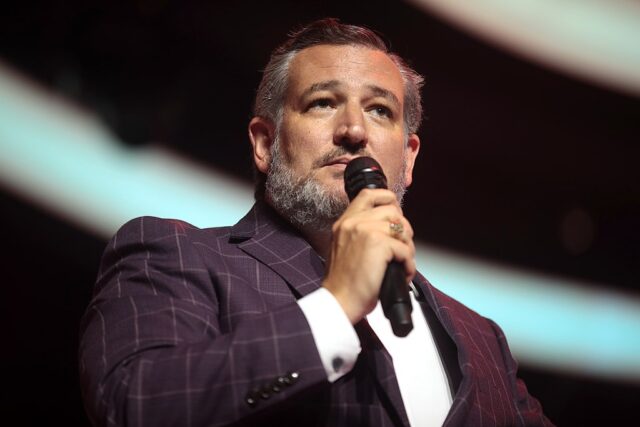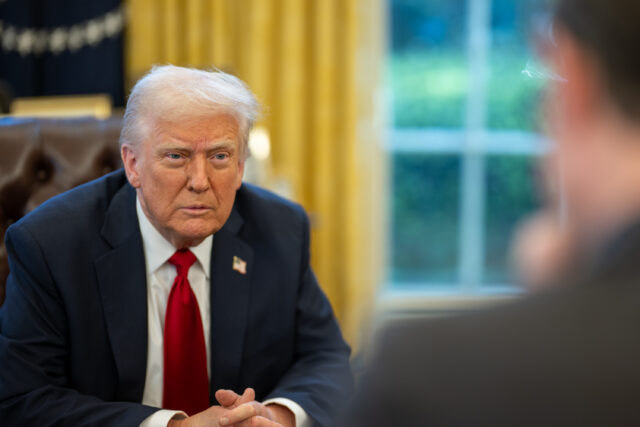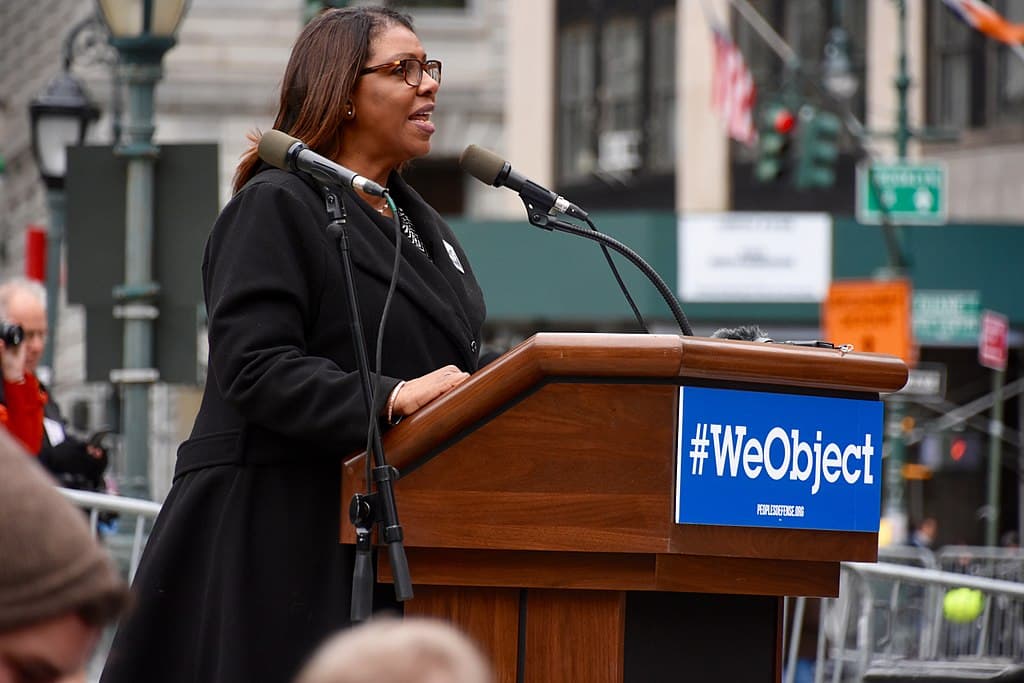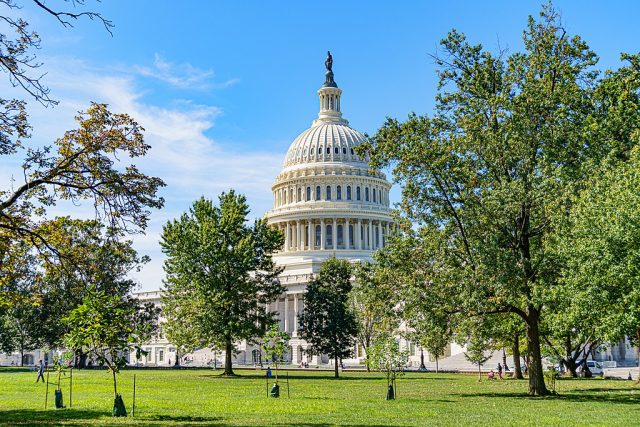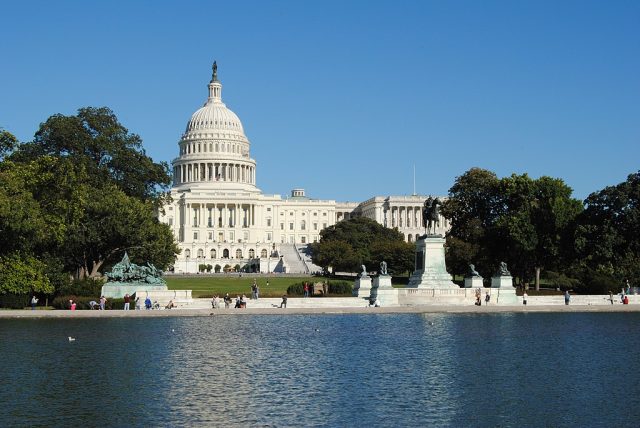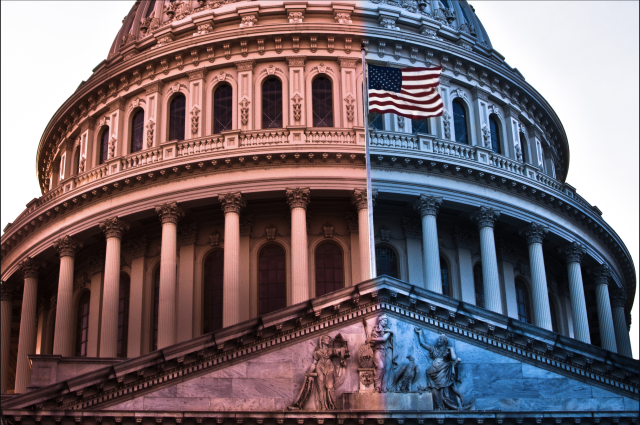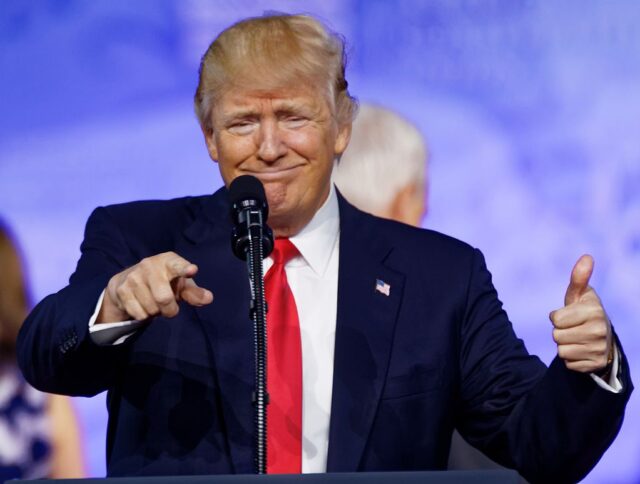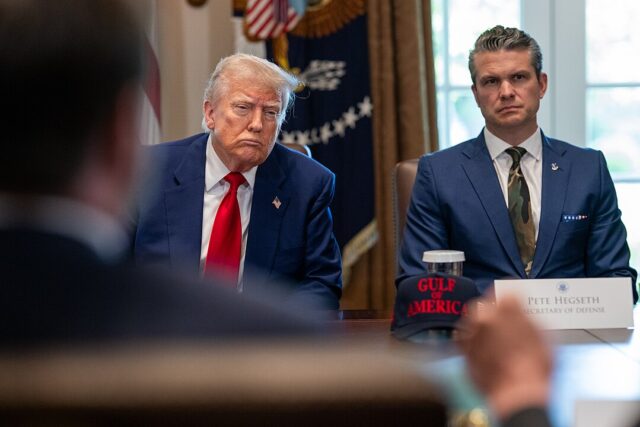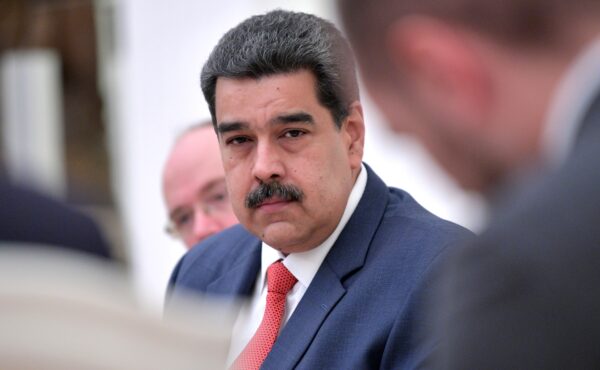House Panel Uncovers ‘Substantial Evidence’ In Fraud Probe Into Florida Democrat
The House Ethics Committee has found “substantial reason to believe” that Rep. Sheila Cherfilus-McCormick (D-Fla.) violated multiple federal laws, House rules, and ethical standards, according to a report released Thursday.
The bipartisan panel said its investigative subcommittee is formally “bringing the charges” against Cherfilus-McCormick, citing potential violations of campaign finance laws and regulations, criminal statutes tied to campaign finance misconduct, the Ethics in Government Act, the Code of Ethics for Government Service, and several House rules.
The findings come as Cherfilus-McCormick already faces serious legal trouble. In November, a federal grand jury indicted the congresswoman on charges that she stole $5 million in Federal Emergency Management Agency (FEMA) funds and used a portion of that money to bankroll her political campaign.
Prosecutors allege that in July 2021, Cherfilus-McCormick and her brother received a $5 million overpayment from FEMA while their health care company was working under a FEMA-funded staffing contract related to COVID-19 vaccinations. At the time, Cherfilus-McCormick was serving as the company’s CEO.
Rather than returning the money, federal authorities claim the congresswoman and her brother conspired to keep it, routing the funds through multiple bank accounts in an effort to “disguise” their source.
According to the Ethics Committee report, investigators uncovered evidence that aligns closely with the criminal indictment—and, in some cases, points to broader misconduct.
“The ISC’s [Investigative Subcommittee] investigation has revealed substantial evidence of conduct consistent with the allegations in the indictment, as well as more extensive misconduct as laid out in the following Statement of Facts in Support of Alleged Violations related to violations of federal laws and regulations, as well as ethical standards,” the report said.
Cherfilus-McCormick forcefully denied wrongdoing and criticized the committee’s process.
“Today’s action was taken without giving me a fair opportunity to rebut or defend myself due to the constraints of an ongoing legal process,” she said. “I reject these allegations and remain confident the full facts will make clear I did nothing wrong. Until then, my focus remains where it belongs: delivering for my constituents and continuing the work they sent me to Washington to do.”
The investigative subcommittee detailed the scope of its work, noting it reviewed more than 33,000 documents, conducted 28 witness interviews, sent 30 requests for information, issued 59 subpoenas, and met 12 times across the 118th and 119th Congresses.
The report also highlighted Cherfilus-McCormick’s lack of cooperation in the later stages of the investigation. While she initially produced some records, the congresswoman ultimately invoked her Fifth Amendment right against self-incrimination after being subpoenaed for documents and testimony.


